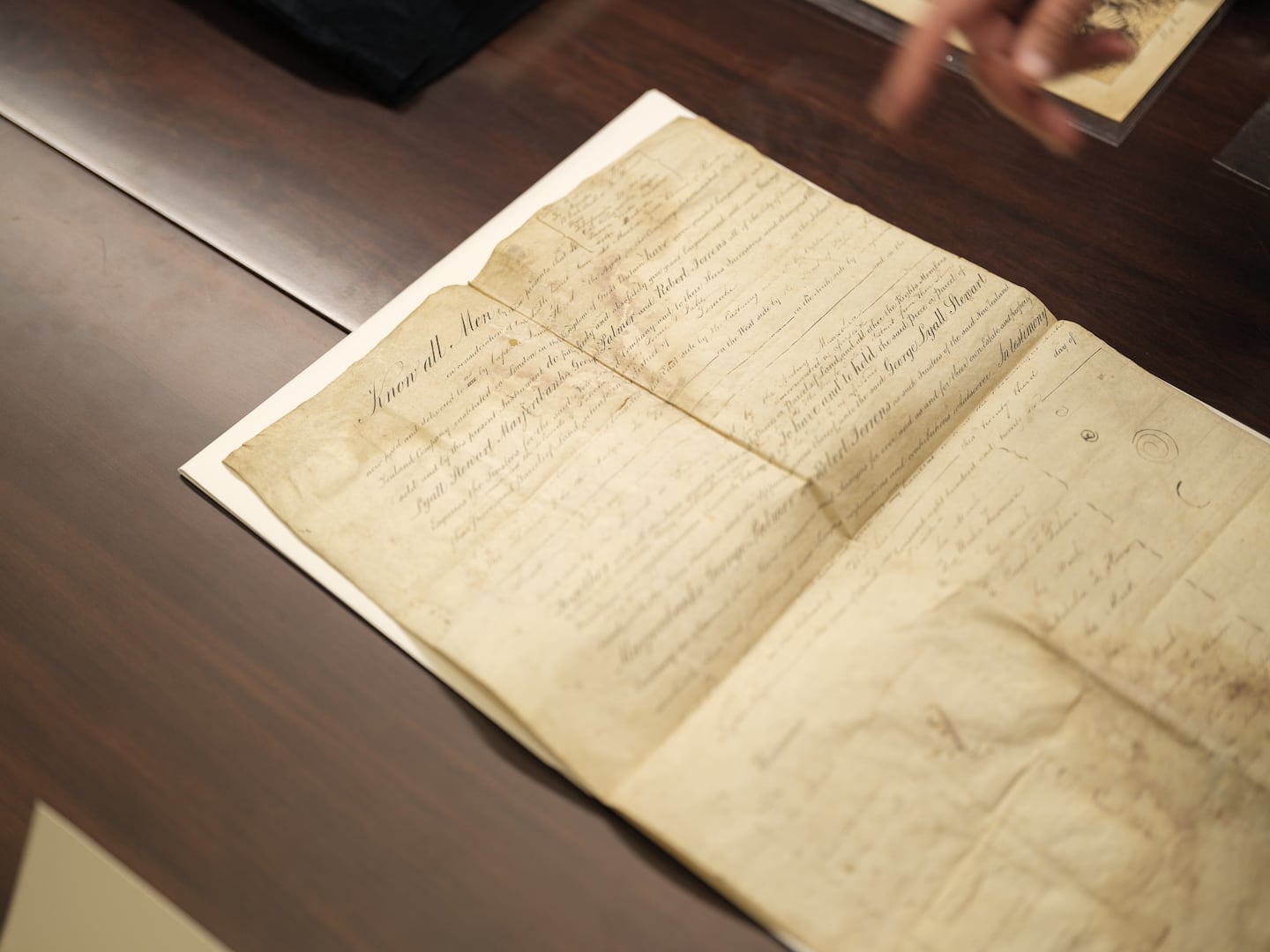A document showing Britain’s first attempt to colonise New Zealand, which sold at auction in London for more than NZ$100,000 in March, is now in the ownership of Tāmaki Paenga Hira, the Auckland War Memorial Museum.
Dated September 23, 1826, the nearly 200-year-old document resurfaced at a London auction earlier this year.
Meticulous planning was key for safe transportation back to Aotearoa, where it has now returned for the first time in almost two centuries.
Auckland Museum chief executive David Reeves highlighted the document’s significance due to its strong connection with Tāmaki Makaurau Auckland.
“Most people are unaware that the initial British attempts to settle in New Zealand included an effort to buy islands in the Hauraki Gulf,” Reeves said.
0 of 2
“Bringing this document home provides an invaluable opportunity for education and dialogue about this important chapter in our history. We are eager to engage with the descendants of those who signed the document, including Ngāti Pāoa.”
The museum’s acquisition was made possible through the support of three generous private donors who fully funded the purchase.
Reeves expressed gratitude for their contribution, noting the importance of their support in securing this piece of history.
History of the document
The document originates from the Rosanna, a ship owned by the first iteration of the New Zealand Company, which arrived in New Zealand in 1826.
On September 23, while anchored off the coast of Waiheke Island, an exchange was made in an attempt to buy four islands in the Hauraki Gulf.
The document records an agreement with eight Māori rangatira, witnessed by 15 others, 14 of whom signed with their moko, making it one of the earliest known examples of moko signatures.
Despite the ambitious plans, the colonisation attempt was unsuccessful. The expedition, hindered by poor organisation and financial constraints, coincided with the Musket Wars, ultimately leading the Rosanna to leave New Zealand without establishing any settlements.
Auckland Museum’s curator of manuscripts, Nina Finigan, uncovered two other versions of the land arrangement at Archives New Zealand.
The return of this document to Tāmaki Makaurau will facilitate further research into these early colonial transactions, deepening understanding of this critical period in the region’s history.





